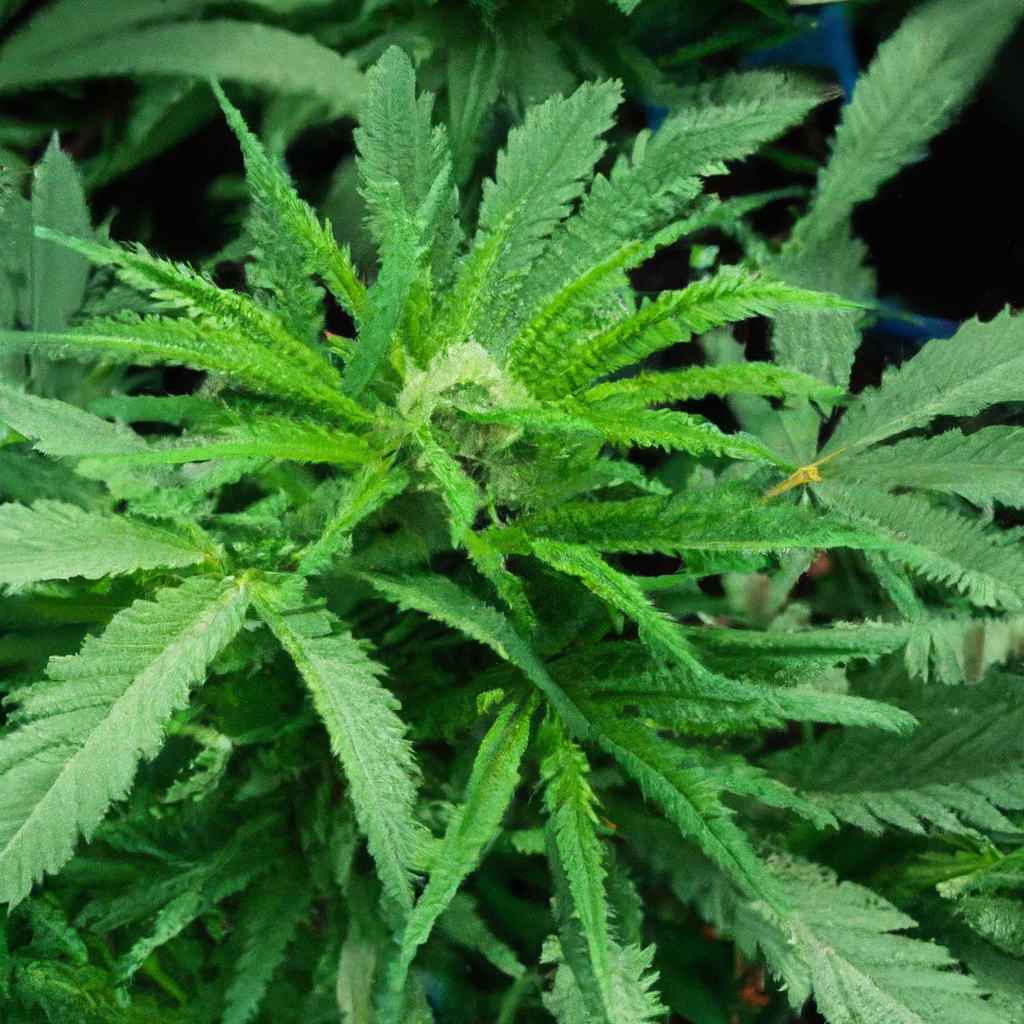Your cart is currently empty!
Embarking on the journey of organic cannabis cultivation is not only an investment in quality but also a commitment to the environment. By leveraging nature’s own processes and materials, growers can achieve healthier plants while promoting ecological sustainability. In this guide, we’ll explore the essentials of organic cannabis cultivation, focusing on natural fertilizers, healthy soil ecosystems, and sustainable pest control methods.
Building a Healthy Soil Ecosystem
The backbone of any successful organic cannabis cultivation is rich, fertile soil. Healthy soil ecosystems are teeming with diverse microbial life that supports plant growth. Start by incorporating compost into your soil, which adds essential nutrients and beneficial microbes. This creates a thriving environment where cannabis plants can access nutrients efficiently.
- Tip: Rotate your crops and mix in organic mulch to maintain soil health.
- Tip: Regularly test soil pH to ensure optimal growth conditions.
Natural Fertilizers for Organic Growth
Using natural fertilizers is crucial in avoiding synthetic chemicals that can harm the environment and diminish cannabis quality. Materials like bat guano, fish emulsion, and bone meal serve as excellent sources of organic nutrients.
These organic fertilizers release nutrients slowly, providing a steady supply of food for your cannabis plants and improving soil fertility over time.
Sustainable Pest Control Methods
Pest control in organic cannabis cultivation is about prevention and balance. Rather than relying on chemical pesticides, utilize integrated pest management (IPM) techniques. This can include introducing beneficial insects like ladybugs and lacewings, which naturally control pests such as aphids and spider mites.
Additionally, companion planting with pest-repelling plants like marigolds or basil can act as a natural barrier against unwanted critters.
Key Benefits of Organic Cannabis
Growing cannabis organically offers numerous benefits:
- Biodiversity: Supports a diverse ecosystem that enhances soil health and plant growth.
- Quality: Produces cleaner, more flavorful, and potent cannabis free of synthetic residues.
- Environmental Impact: Reduces the use of harmful chemicals, promoting sustainability and conservation.
Conclusion
Organic cannabis cultivation aligns with green practices that benefit not just the grower but the planet as a whole. By employing natural fertilizers, fostering rich soil ecosystems, and using sustainable pest control methods, cultivators can produce superior cannabis that reflects a commitment to both quality and environmental stewardship.
For those venturing into organic cannabis growing, start small, experiment, and remain observant to the natural rhythms of your plants and environment.
Tags: OrganicGrowing, NaturalCultivation, PlantCare, SoilHealth, Sustainability
Discover more from Magic Clones
Subscribe to get the latest posts sent to your email.


Leave a Reply